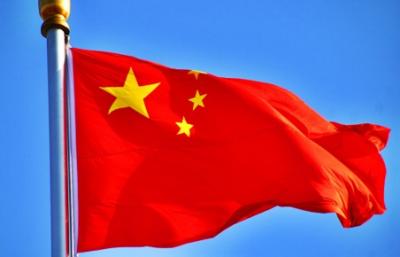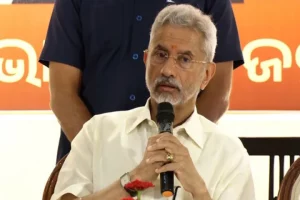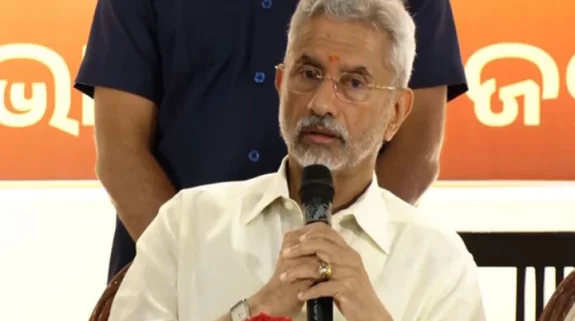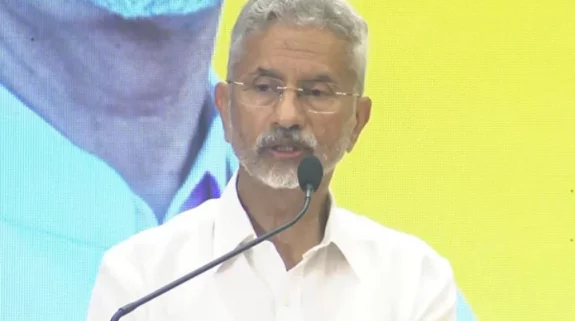Food security may be becoming another big challenge for China amid the ongoing Covid 19 pandemic, which has impacted food production the world over.
Beijing’s imports of food grains and other items have been steadily rising in the last few years. According to data portal Statista, China’s rice import bill in April this year stood at $218.4 million. In the corresponding month in 2020, it was $100.97 million. Since December, imports of the grain have been rising.
China's monthly rice imports from April 2020 to April 2021
Not just rice. China’s imports of corn, wheat, meats, and soyabeans have also shot up.
Panic and confusion hit the people of China last year when President Xi Jinping launched the ‘Clean Plate’ campaign to reduce wastage of food. The initiative though was aimed at reducing food wastage by people, it lacked clarity. Following the announcement, many restaurants in the country had reduced the food portions.
“People were panic stricken with the initiative. Though the Chinese authorities said that the move was aimed at reducing wastage of food, which is huge in China, it created an environment of uncertainty and fear among the Chinese,” an analyst told India Narrative.
Also read: China's dependence on India for supply of rice may increase
In November, last year, South China Morning Post in a report said that “long-term factors affecting China‘s food security include a shrinking rural labour force, the reduction of available farmland by urban development as well as a farmland management system that is an obstacle to modern farming and large-scale cultivation.”
In another report published recently, SCMP said that a debate is simmering in China about whether the nation is facing a food crisis.
Also read: China Economy Explainer | China food security: how’s it going and why’s it important?
“Stoked by President Xi Jinping’s war on food waste, food export restrictions from some Southeast Asian nations amid the Covid-19 pandemic, and the inclusion of food security in the government’s 2021 work report – feeding the nation’s 1.4 billion people is back in the public eye,” the report said.
Xi has underlined the need ensure that the country, which has 1.4 billion people, is self-sufficient in rice production.
“Last year, China had been hit by severe floods, which damaged crops leading to reduction in food production. That is one area, which Beijing is now carefully looking at,” BR Deepak, expert on China and a professor at Jawaharlal Nehru University said.
“The rise in imports of the food items is also due to the change in eating patterns in China,” another analyst told India Narrative.
Also read: G20 expresses concern over global food security
A recent World Bank report in a recent report noted that an increasing number of countries are facing growing levels of acute food insecurity, reversing years of development gains.
“Covid-19 impacts have led to severe and widespread increases in global food insecurity, affecting vulnerable households in almost every country, with impacts expected to continue through 2021 and into 2022,” the report said.




















